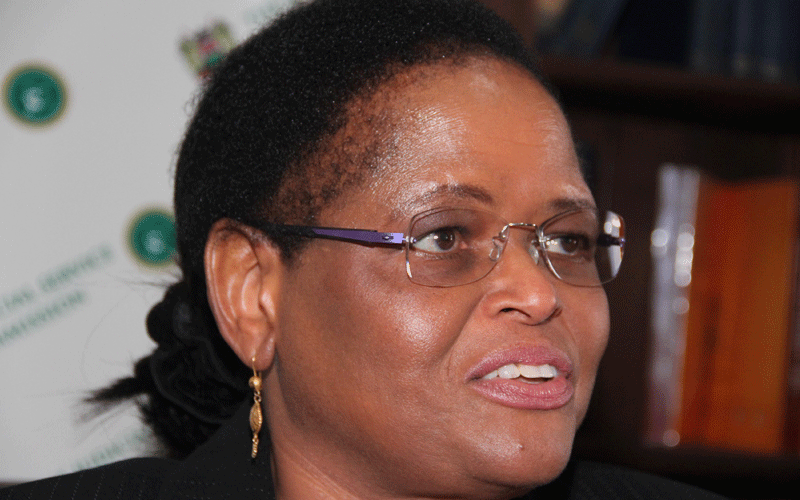The Judiciary is set to roll out night sittings in its new approach to expedite the delivery of justice.
Chief Justice Martha Koome said the institution is coming up with innovations in the near future which would ensure that Commercial Courts and the Anti-Corruption and Economic Crimes Courts adopt “night court” shifts.
“We will begin by coming up with interventions and measures in consultation with all judicial officers. For instance, we are considering creating programmes that would ensure court sittings between 5.00 p.m. and 8.00 p.m to enhance their performance and resolution of cases in real-time,” said Koome.
She was speaking at Sarova Whitesands Mombasa on Monday where she presided over the official opening of the 2nd Annual symposium for Tribunals.
Koome further noted that in a move dubbed as the Bottom-Up approach, court stations would be allowed to innovate unique interventions such as their own case management systems that would improve their efficiency in service delivery.
“This means we will embrace shared leadership, meaning each judicial officer will be encouraged and supported to innovate and adopt measures to increase his or her efficiency in collaboration with the court users on the launch of a night shift,” she said.
At the same time, the Chief justice noted that the judiciary under her leadership was in the process of opening more small claims courts in the low-income areas to reduce the distance litigants travel to access services, especially in the cities.
She further directed that no court case should stay in a trial court beyond a timeline of three years and an appellate court beyond one year.
“The imperative goal of the bottom-up approach to access to justice is expeditious delivery of justice with dignity and without discrimination; the need for adoption of the Bottom-Up approach is informed by the reality that the Judiciary is operating in a changing environment where Kenyans and investors expect quality, efficient and cost-effective delivery of service,” she said.
She further acknowledged that dispensation of justice was still marked by the common problems of delays, high costs, and antiquated methods.
“These are the challenges that confront me as I embark on my consequential tenure in office,” said the CJ
Koome subsequently noted that though tribunals are expected to ensure physical and procedural access to those seeking their services, the current situation does not lend itself sufficiently to meet the dictates of the constitution with respect to access to justice.
“I am alive to the numerous challenges that tribunals are facing and especially the lack of governance/legal framework for transitioning tribunals to the Judiciary in conformity with the Constitution. This is a major challenge but the wheels of resolving are in motion,” said Koome.










